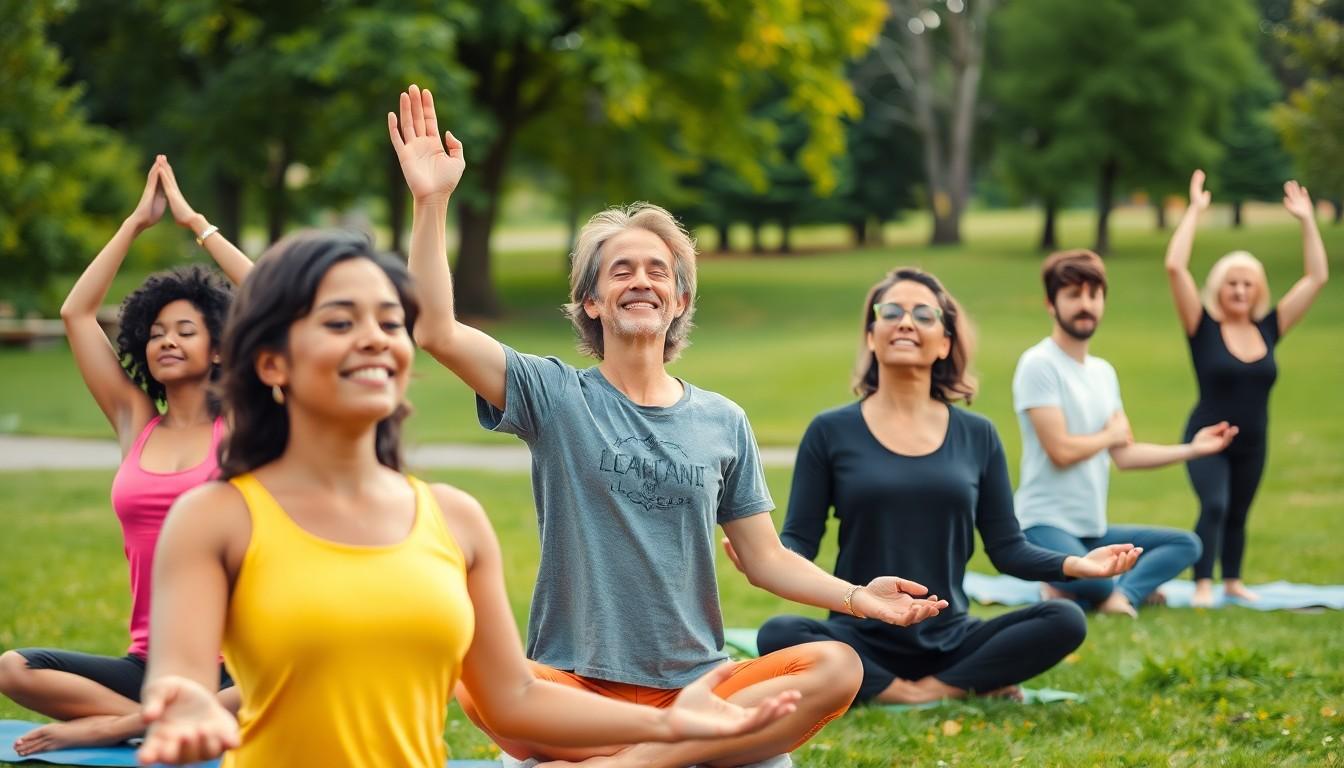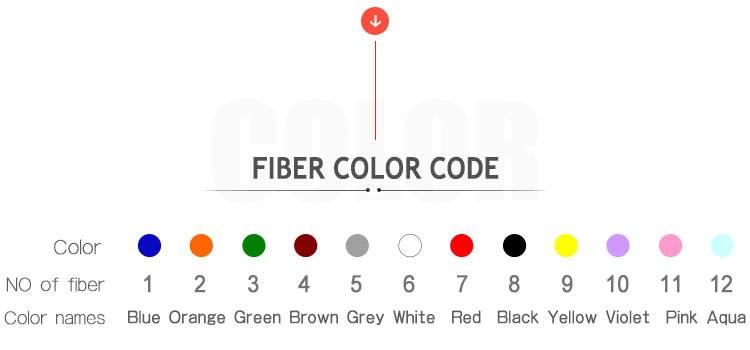In today’s fast-paced world, self-care has become more crucial than ever. With the constant demands of work, family, and social obligations, people often forget to prioritize their own well-being. This oversight can lead to burnout and stress, making it essential to carve out time for personal care and rejuvenation.
Self-care isn’t just a trendy buzzword; it’s a vital practice that encompasses physical, emotional, and mental health. By incorporating simple yet effective self-care routines into daily life, individuals can enhance their overall quality of life. From mindfulness exercises to indulging in hobbies, self-care offers a pathway to restore balance and foster resilience. Embracing these practices can lead to a happier, healthier existence.
Understanding Self Care
Self-care is a comprehensive approach to enhancing overall health and well-being. It involves intentional actions and choices that prioritize various aspects of health.
Definition of Self Care
- Self-care represents the ability of individuals, families, and communities to promote health, prevent disease, maintain health, and manage illness and disability, with or without professional help.
- Engaging in self-care means participating in activities that foster physical, mental, emotional, social, spiritual, and financial health.
- Self-care includes a variety of actions, such as health promotion, disease prevention and control, self-medication, providing care to dependents, and rehabilitation practices, including palliative care.
- Self-care significantly improves physical health by encouraging lifestyle choices like regular exercise, adequate sleep, and nutritious meals.
- Prioritizing self-care contributes to better mental health, reducing stress and anxiety while enhancing emotional resilience.
- Self-care fosters social connections and support networks, which are essential for a balanced life.
- Emphasizing self-care leads to improved productivity and focus, mitigating the adverse effects of burnout and fatigue.
Types of Self Care

Self-care includes various practices that enhance well-being across multiple dimensions. Each type of self-care offers unique benefits essential for a balanced and healthy life.
Physical Self Care
Physical self-care involves activities that enhance and maintain physical well-being. Key practices include:
- Engaging in physical activities like walking, biking, or attending fitness classes.
- Maintaining a balanced diet and staying properly hydrated.
- Prioritizing adequate sleep, targeting 7-9 hours per night.
- Taking breaks to stretch or participate in restorative activities such as yoga or relaxing baths.
- Keeping medical appointments and adhering to health advice.
Emotional Self Care
Emotional self-care focuses on processing feelings and cultivating empathy and self-compassion. Important activities include:
- Journaling or discussing feelings to effectively process emotions.
- Practicing stress management techniques like meditation or deep breathing.
- Engaging in creative activities such as making music or creating art.
Mental Self Care
Mental self-care encourages practices that stimulate cognitive functions. This includes:
- Reading books or articles that inspire critical thinking or personal growth.
- Playing games that challenge the mind, such as puzzles or strategic games.
- Attending workshops or classes to learn new skills and expand knowledge.
- Limiting exposure to negative media and focusing on uplifting content.
- Engaging in mindfulness or meditation to cultivate present-moment awareness.
- Spending time in nature to foster a deeper connection with the environment.
- Reflecting on personal values and beliefs through journaling or discussion.
- Participating in community service or spiritual practices that resonate personally.
Benefits of Practicing Self Care

Practicing self-care significantly enhances overall well-being and quality of life. It encompasses various aspects of health, leading to physical, mental, and emotional improvements.
Improved Well-Being
Engaging in self-care activities significantly improves well-being, addressing diverse health dimensions. Reduced stress and anxiety stem from effective self-care practices. Activities such as regular exercise promote better physical health, decreasing the risk of cardiovascular diseases, obesity, and stroke. Enhanced mental well-being occurs through increased energy levels and a heightened sense of happiness. Moreover, healthier sleep habits, nutritious diets, and consistent exercise routines contribute to overall mental health enhancement.
Enhanced Productivity
Enhanced productivity arises from regular self-care routines. When individuals prioritize their well-being, they experience increased focus and efficiency in their tasks. Improved mental clarity and reduced fatigue, resulting from self-care activities, lead to better performance in personal and professional spheres. Consequently, individuals report higher levels of motivation and creativity, facilitating goal achievement and long-term success.
Better Relationships
Better relationships blossom through self-care practices. Individuals who prioritize their well-being cultivate healthier emotional states, leading to more meaningful connections with others. Engaging in self-care fosters empathy, patience, and understanding, which are essential for nurturing healthy relationships. Additionally, stronger social networks emerge, providing essential support and encouragement, enriching individuals’ lives and enhancing their sense of belonging.
Strategies for Effective Self Care

Implementing effective strategies for self-care enhances individual well-being across various domains. These approaches focus on creating sustainable habits that cater to physical, mental, and emotional health.
Creating a Self Care Routine
Establishing a self-care routine involves integrating activities that prioritize health and well-being. Individuals should identify personal interests and preferences to create a tailored schedule. Activities might include regular exercise sessions, meal planning for healthier eating, and allocating specific time for relaxation and hobbies. Consistency is essential, as routines promote stability and provide a sense of control over one’s life. Committing to self-care, even for just 10-15 minutes daily, can yield substantial benefits over time.
Setting Boundaries
Setting boundaries is vital for maintaining mental and emotional health. Individuals must learn to recognize their limits and communicate them effectively to others. Saying “no” to excessive commitments, both at work and in personal life, helps prevent overwhelm and burnout. Designating uninterrupted times for self-care activities fosters a space for personal rejuvenation. Establishing boundaries encourages healthier relationships and ensures that personal needs remain a priority.
Mindfulness Practices
Incorporating mindfulness practices into daily life enhances emotional resilience and mental clarity. Simple techniques, such as focused breathing exercises, meditation, or mindful walking, can significantly reduce stress and promote relaxation. Allocating a few minutes each day for mindfulness can help individuals center themselves and develop an increased awareness of present moments. Engaging in mindfulness not only improves emotional well-being but also fosters a deeper connection with oneself, leading to more intentional living.
Conclusion
Prioritizing self-care is crucial for maintaining a balanced and fulfilling life. By embracing a variety of self-care practices individuals can enhance their physical emotional and mental well-being. These intentional actions not only prevent burnout but also foster resilience and happiness.
Establishing consistent self-care routines and setting healthy boundaries empowers individuals to take control of their lives. Incorporating mindfulness and self-reflection into daily activities can lead to deeper emotional connections and improved relationships. Ultimately self-care is an ongoing journey that offers profound benefits and enriches one’s overall quality of life.

